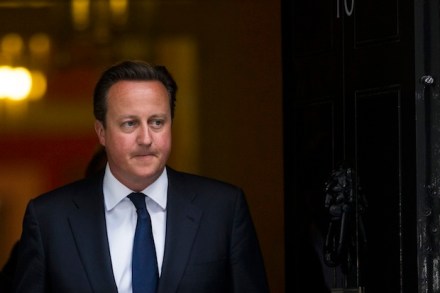MPs didn’t want to kick Cameron, but they didn’t want to trust him either
One of the lines doing the rounds this morning in the post-mortem of what this means for David Cameron’s leadership is that it shows yet again that backbenchers do not trust the Prime Minister. This is true, but it is worth being as specific as possible. This rebellion was not like the other revolts over Europe and House of Lords reform, where it was as much about sticking two fingers to the leadership for not listening to MPs as it was about the issues at stake, serious though they are. The number of conversations I’ve held with backbenchers in the run-up to and aftermath of those votes made it quite




















